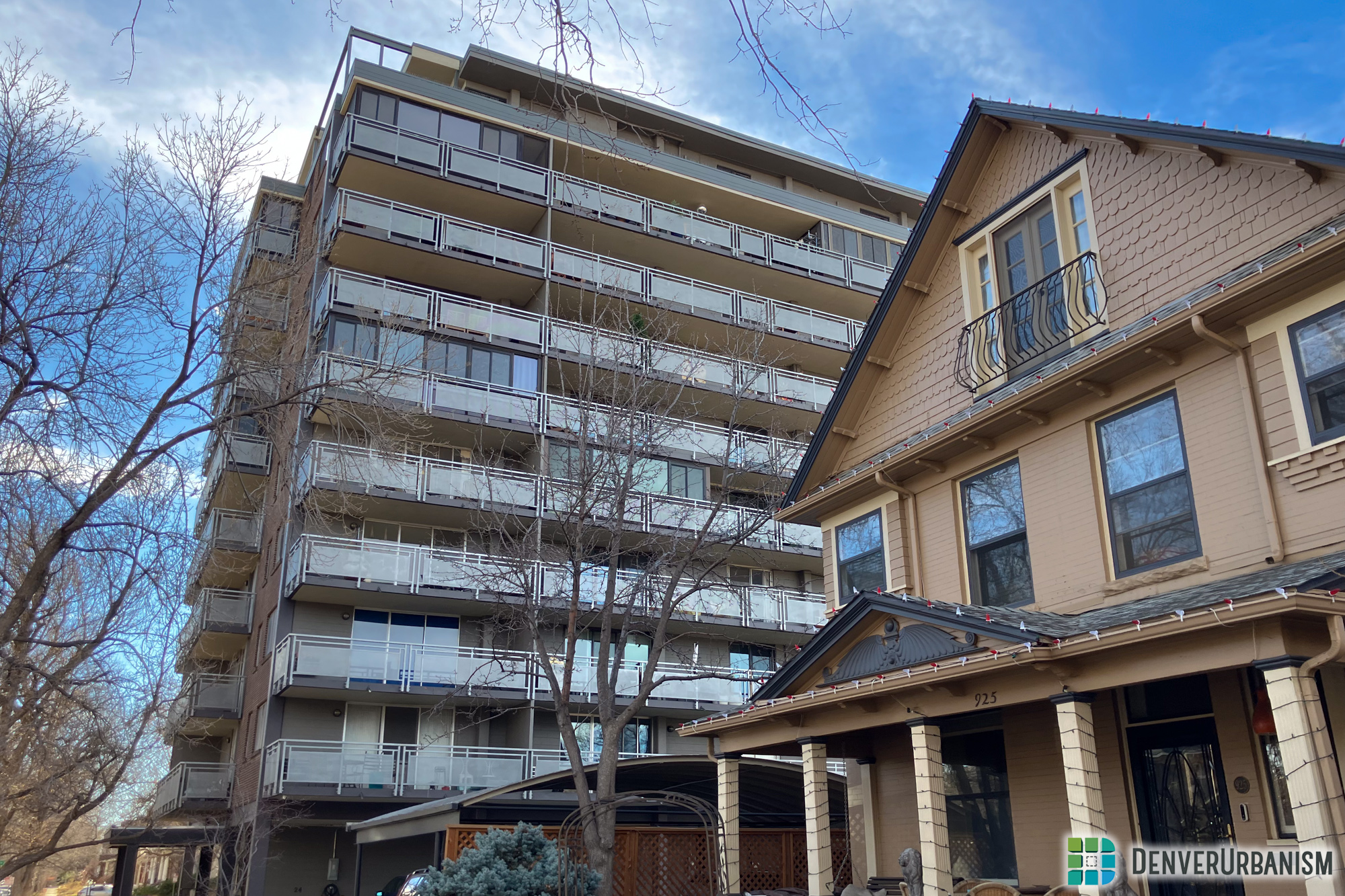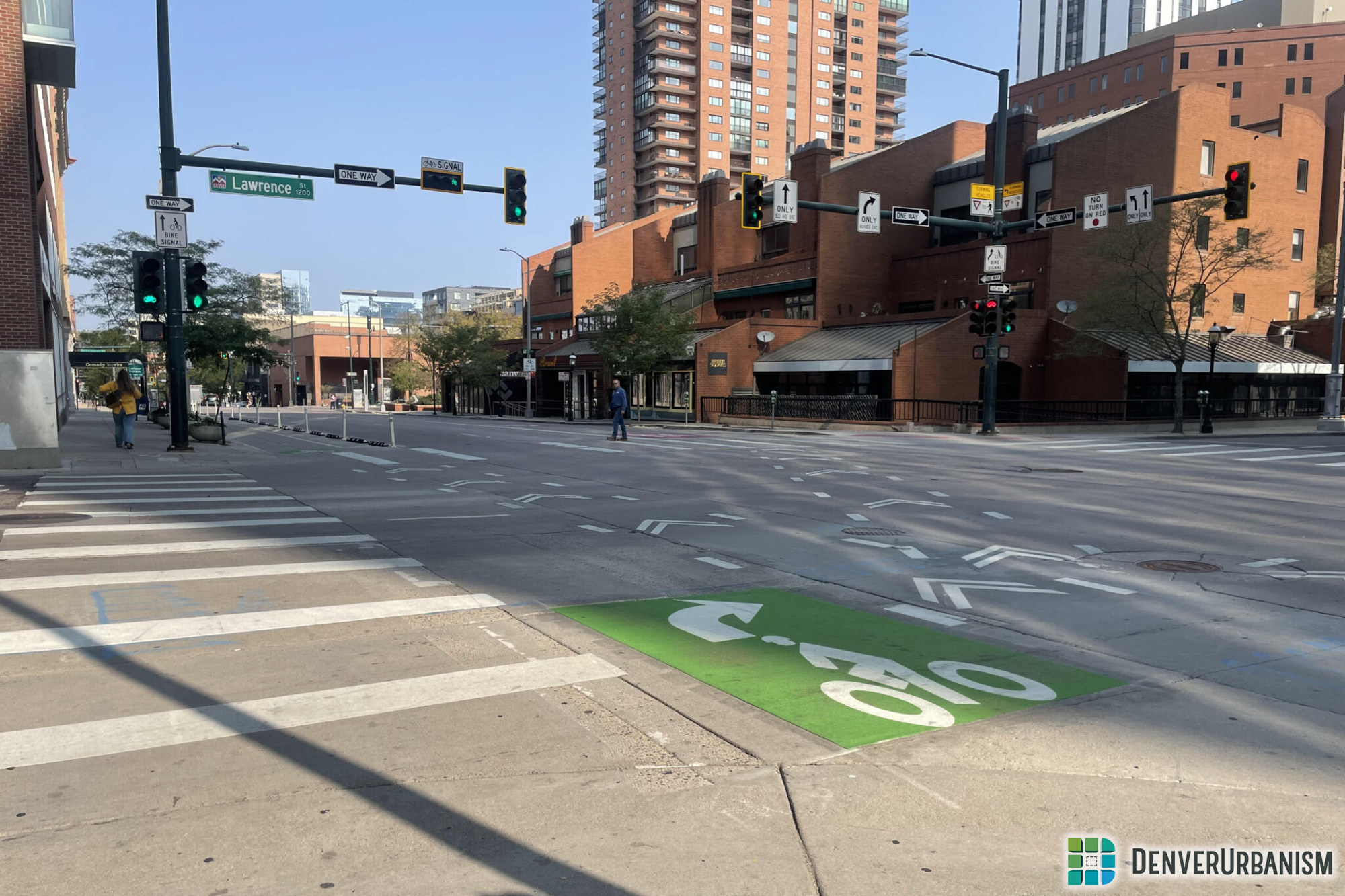Since 1972, the World Health Organization has treated noise above 65 decibels like a pollutant. Excessive noise can cause permanent hearing loss, and even low levels of constant, unwanted noise has negative health effects. Unwanted urban (read, traffic) noise has been linked to heart disease, loss of sleep, and difficulty concentrating. The Clean Air Act has a whole section regulating noise. Also, my partner hates it when a trash truck goes down the alley by our home, and his complaining in turn annoys me. So noise is pesky, and even bad for you, we get that.
For close readers of the news, recall that earlier this spring, the Department of Public Health and Environment proposed some changes to Denver’s noise ordinance. If you didn’t know we had a noise ordinance, boy, you’re about to get excited. Wherever you’re reading this right now, the level of noise nearby probably is present in your mind. We all care about noise, and make decisions in our lives either to avoid it or to embrace it—are we concert people or people who need to wear earplugs to sleep? People of means generally avoid living where there is urban noise, yet so much of our new housing and new neighborhoods are built around high-volume streets, literally. In the city of Denver, unhealthy levels of noise pollution correlate with historic practices of redlining, and have negative impacts on urban wildlife. In this episode, Andy and James dig into the loosening restrictions on noise proposed by Denver Department of Public Health and Environment. Yes, you heard right. These proposed rules largely loosen the existing limits on how loud city and private business can be, and expand the hours of day when some key loud activities can happen, like trash collection.
If this news disturbs you and you want to make your voice… erm, heard… than you should write to your local elected officials and complain. If they ask where you learned about all this, tell them DenverUrbanism sent you!














